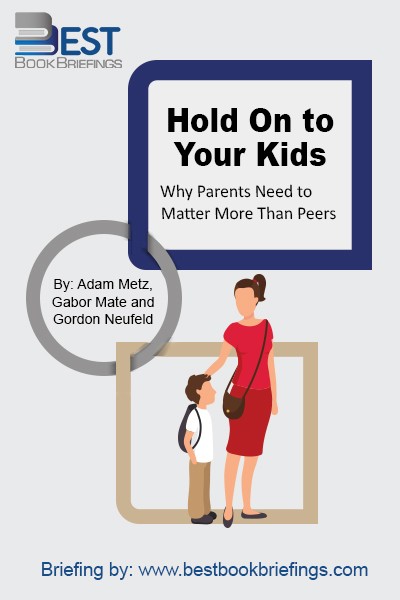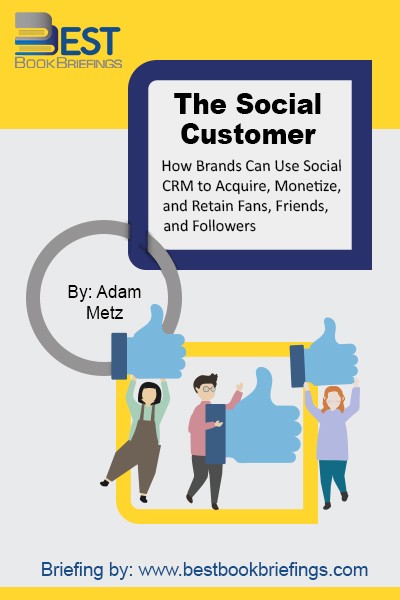Hold On to Your Kids
Why Parents Need to Matter More Than Peers
Editorial Review
Children are increasingly forming attachments that compete with their parents, with the result that the proper context for parenting is less and less available to us. The chief and most damaging of these attachments is the increasing bonding of our children with their peers. For the first time in history young people are turning for instruction, modeling, and guidance not to mothers, fathers, teachers, and other responsible adults, but to people whom nature never intended to place in a parenting role – their own peers. The term that seems to fit more than any other for this phenomenon is peer orientation. We may not be able to reverse the forces driving peer orientation, but there is much we can do in our homes and in our classrooms to keep ourselves from being prematurely replaced. Because culture no longer leads our children in the right direction towards genuine independence and maturity, parents and other child rearing adults matter more than ever before.
Book Reviews
Books on Related Topics
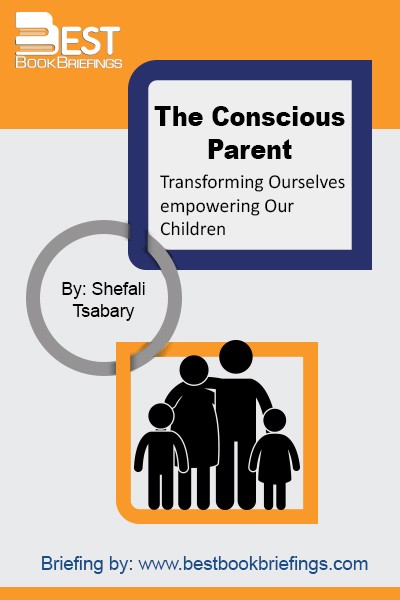
To parent perfectly is a mirage. There is no ideal parent and no ideal child. The Conscious Parent underscores the challenges that are a natural part of raising a child, fully understanding that, as parents, each of us tries the best we can with the resources we have. Thus, the objective
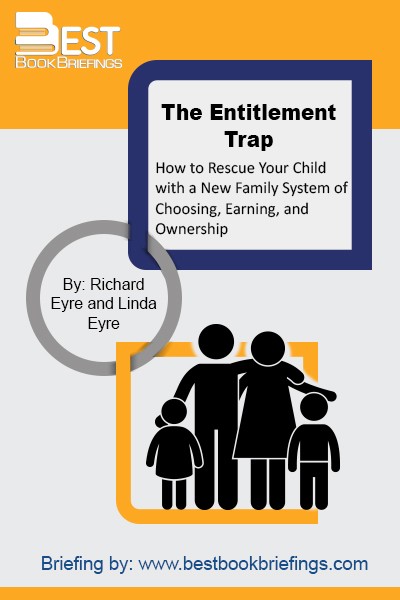
Entitlement is the best name we know for the attitude of children who think they can have, should have, and deserve whatever they want, whatever their friends have, and that they should have it now, and not have to earn it or give up anything for it. And it goes beyond
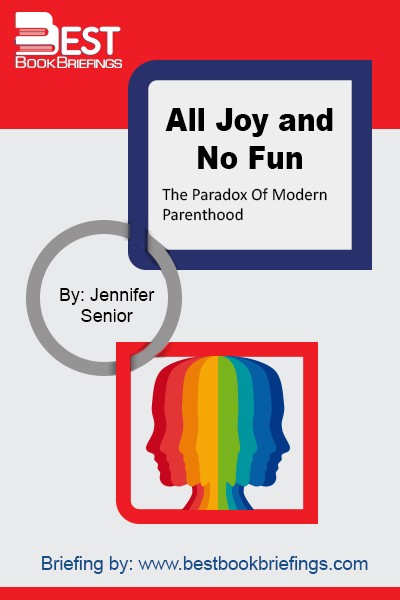
Over the past two generations, parenthood has gone through radical readjustments. As children went from helping on the farm to being the focus of relentless cosseting, they shifted from being our “employees” to our “bosses!” Even the most organized people have little to do to prepare themselves for having children. They
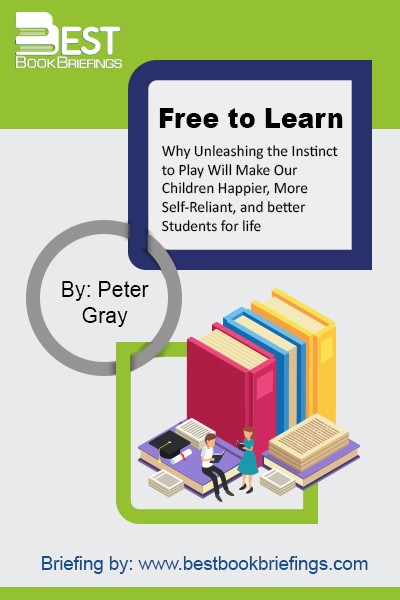
Children come into the world burning to learn and genetically programmed with extraordinary capacities for learning. Within their first four years or so they absorb an unfathomable amount of information and skills without any instruction. They learn to understand and speak the language of the culture into which they are born,

